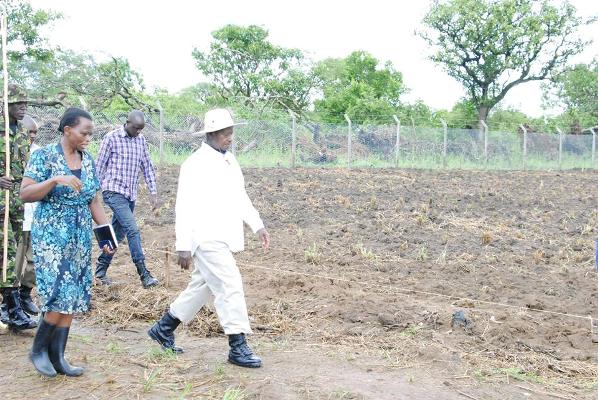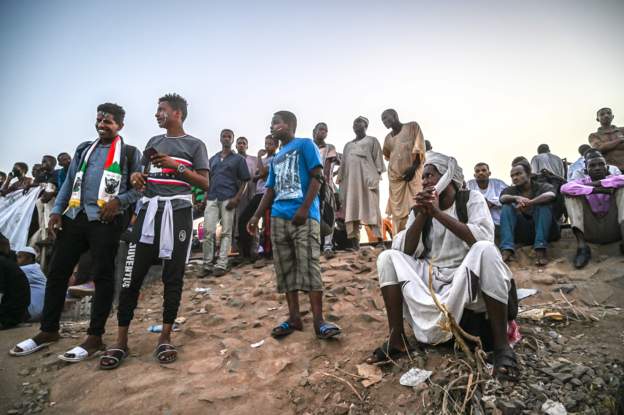Journalism in Uganda is being undermined by new laws which have in effect closed the right to freedom of expression.
As Uganda joins the rest of the world to mark World Press Freedom Day, there is concern that the attack on freedom of expression is affecting other rights including press freedom.
Lawyers, civil society, and media actors say the state has stepped up internet policing and thereby forcing journalists and individual Ugandans to self-censorship for fear of repression.
Lawyer, and Media advocate, Peter Magelah Gwayaka says the right to freedom of expression is particularly being threatened by intolerance.
“I would say freedom of speech in Uganda has gradually been eroded. People don’t want to be criticized. There is too much intolerance. And this cuts across all sectors of life”
It used to be the case that journalists in Uganda used to defend themselves against things like sedition, publication of false news, and defamation laws.
But the increasing trend is being observed that opponents of media freedom are recently using a wide different range of laws to target journalists.
Magelah, one of the advocates of the need to use available legal remedies to defend freedom of expression and freedom of speech says radio, TV, and print media in Uganda have seriously been affected by a new set of laws introduced in the last two decades.
He says much as the new media had become an option for Ugandans to express themselves, options like Facebook, Twitter, and others are under surveillance under the guise of the fight against terrorism and fake news.
“I think it is coming two years since Facebook was blocked in Uganda. You can only access it through VPN. So the state of media freedom continues to narrow or freedom of expression has really narrowed and continues to narrow down,” said Magelah.
Sarah Birete, the Executive Director at the Center for Constitutional Governance (CCG) says almost all the rights including the freedom of expression under Article 29 of the 1995 constitution have been limited by the state and its agencies.
“Scholars have concluded that the only right out of article 29 that is freely enjoyed in Uganda is freedom of worship. The other rights are problematic. We have sixteen Acts of Parliament that contradict article 29.” Said Birette
Birette cites laws like the Computer Misuse Act whose constitutionality is being challenged at the constitutional court and the Regulation of interception of Communication Act and the NGO Act.
In mid-February, Parliament granted Kampala Central MP, Muhammad Nsereko leave to introduce a private member’s bill titled the Computer Misuse Amendment Bill.
Nsereko reignited debate about legal restrictions targeting journalists and general freedom of expression.
For Peter Magelah Gwayaka, such laws, Ugandans may not speak freely.
Nsereko is suggesting a 15 million shillings fine and a seven-year jail term for a person who “send(s), share(s) or transmit(s) any misleading or malicious information about or relating to any person through a computer, or share(s) unsolicited information.
He says the law needs to be strengthened to stop cyber-bullying and abuses. He has reignited debate with some suggesting that he is an advocate for internet policing.
According to UNESCO, journalists are being threatened by surveillance with Pegasus spyware, a technology sold by an Israeli firm. Uganda has been identified as one of the countries that installed that software.
The head of the European Union Delegation in Uganda, Ambassador Atillio Pacifici in an interview with Uganda Radio Network said digital surveillance not only affects the safety of journalists but curtails freedom of expression.
World Press Freedom Day commemoration across the world is acting as a reminder to governments of the need to respect their commitment to press freedom.
The latest UNESCO World Trends Report Insights discussion paper “Threats that Silence: Trends in the Safety of Journalists,” highlights how surveillance and hacking are compromising journalism.
Surveillance can expose information gathered by journalists including from whistle-blowers and violates the principle of source protection, which is universally considered a prerequisite for freedom of the media and is enshrined in UN Resolutions.
According to UNESCO, surveillance may also harm the safety of journalists by disclosing sensitive private information, which could be used for arbitrary judicial harassment or attack.
-URN





